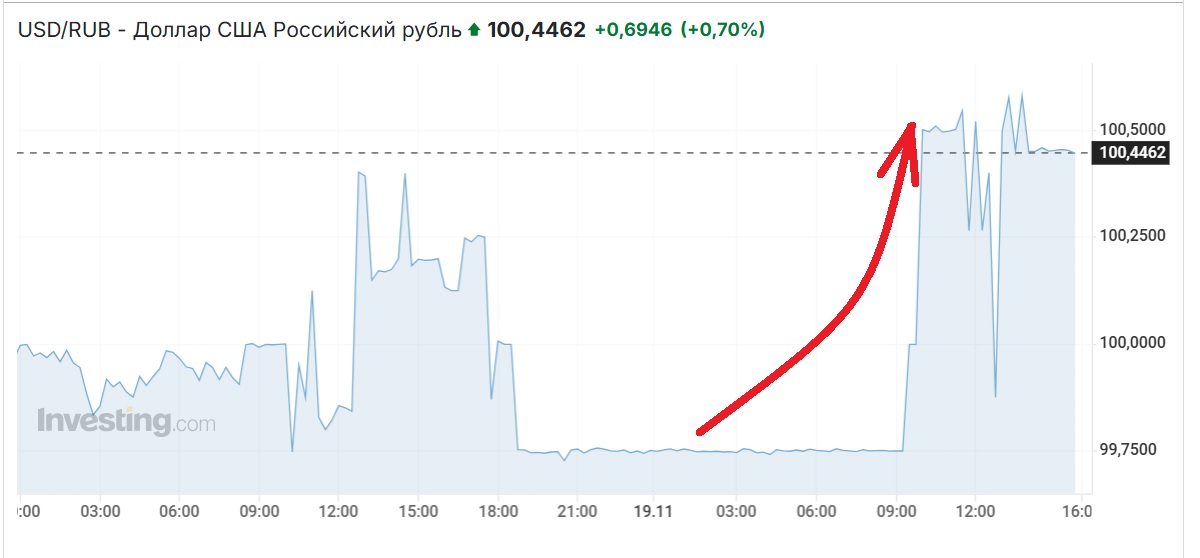Table of Contents
NOS news•today, 12:29
The Stomach Liver Intestine Foundation urges the cabinet to start population screening for colon cancer five years earlier. The foundation is presenting a petition to the House of Representatives with 50,000 signatures this afternoon. “This will save 150 lives every year,” said director Mariël Croon.
Bowel cancer is the second most common variant of the disease, with 12,000 people diagnosed each year. People over the age of 55 are particularly at risk, as the disease arises from polyps that arise in the intestines around the age of 40 and can become cancer within 15 year. The disease is easily treatable if detected early.
Preventive screening helps with this and preventing much misery. Ten years ago, a population survey was set up like that: everyone over 55 is invited every two years to submit a stool sample. This is checked for blood, a sign that something may be wrong. If necessary, a colonoscopy is performed for further investigation. Around 1.5 million people took part in the survey over the past two years.
cost effective
According to Croon, it was decided at the time to set the age limit at 55 for financial reasons. In addition, there would be insufficient capacity to perform colonoscopies. However, the World Health Organization’s WHO guidelines mandate testing from the age of 50, something that countries such as Spain, France and the United Kingdom have opted for.
Croon believes that the old complaints no longer apply. “The ability was not in order at the time, but it will work now,” she is sure. “It is also a cost-effective measure, because in the end you will save enough on more treatment cheaper if you find it earlier.”
Most important to her is preventable human suffering. “Every year, it is still found that 700 people are in the age group between 50 and 55 and in two thirds it has already spread,” she summarizes. only 150 of them die, the others have to go through terrible treatment and are often left with damage.”
‘it was hell’
Lisa Seij is one of the patients who faced the disease before the age of 55. She had vague complaints such as bladder infections, blood in the stool and a urinary tract infection, but her doctor did not see anything worse the hemorrhoids. Then we went to prescan.”
Doctors there found a malignant tumor in the rectum. “I spent years dealing with it, being very sick and the lack of understanding of the environment and doctors. It was hell,” Seij sighs. “That age really needs to be lowered. If people are found through a quick check-up in a hospital, you’re too late.”
Croon hopes the House of Representatives will come up with a motion to expand the population survey. “The fact that the petition has been signed by over 50,000 people in a very short time shows that this is important to many people. “
2024-11-19 11:29:00
#Petition #younger #tests #colon #cancer #Save #lives #year

In what ways do cultural beliefs influence attitudes towards colon cancer screening, and how can acknowledging these differences foster better participation?
D questions that encourage discussion and different viewpoints.Divide the interview into thematic sections, each covering a unique aspect of the discussion. Use engaging and open-ended questions to elicit thoughtful responses from the interviewee:
1. What are some of the benefits of population screening for colon cancer, and how does it compare to individual initiative?
– Can you share any personal experiences or anecdotes that highlight the importance of early detection in cancer prevention?
– How would expanding the screening age group to include those under 55 years old potentially affect healthcare systems and resources?
– Is there a need for more education about the signs and symptoms of colon cancer among the general public?
2. What are some of the challenges or barriers to implementing population screening for colon cancer in the Netherlands, considering the international trend towards earlier screening?
– Are there specific population groups that might be more resistant to screening, and how can we address those concerns?
– How can we ensure that medical professionals are trained to recognize potential signs of colon cancer in younger patients?
– As medical technology evolves, are there new methods or techniques for colon cancer screening that could make early detection even more effective?
3. What role does government policy play in promoting healthier lifestyles that can prevent colon cancer?
– Are there any other steps the government can take beyond screening to reduce colon cancer rates?
– How can we balance the importance of preventative measures with individual autonomy and personal choice when it comes to healthcare decisions?
– Are there any lessons we can learn from countries or regions that have achieved significantly lower colon cancer rates?

